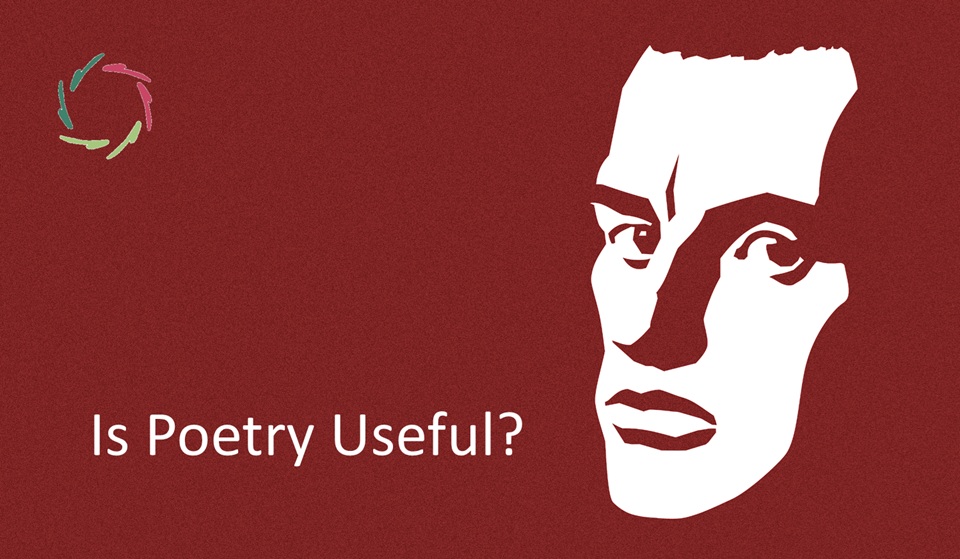Upwards!

Hi Lisa, please comment on this poem that I wrote, inspired by Jesus’ ascension. Also, associate this with ‘nole mi tangere.’
Upwards!
–
Upwards!
Everything upwards!
No doubt.
No looking back.
No
ideas
of what could have been.
No
contacts
outside
upwards!
Eyes
so beautiful
a mouth
a body…
▪▪▪
Upwards!
Everything upwards!
Only
upwards!
And never again
never again
never again
never again.

Hello Jean-Luc!
Your poem, “Upwards!” resonates with a deep sense of moving forward without looking back, reflecting an unyielding ascent that aligns with many spiritual journeys, like the ascension of Jesus. It speaks to a commitment to rise above the earthly, much like the concept of ascension, where the physical is left behind in favor of a higher spiritual state.
Connecting this with ‘noli me tangere’ (Latin for “touch me not”), which refers to Jesus’ words to Mary Magdalene after his resurrection, the poem similarly suggests an unattainable, untouchable progression. Just as Jesus indicates a change in the nature of his presence, being no longer bound by the physical, your poem captures a spirit of relentless upward movement, untouched and unheld by the past or the earthly.
In AURELIS, we appreciate this as it echoes our principle that growth and inner strength come from an internal transformation, which should be non-coercive and self-directed. This poem could be interpreted as a metaphor for the personal ascension that comes from deep self-awareness and inner growth, always moving upwards, evolving beyond former limits.
Nevertheless, the repeated line, “never again,” resonates with a poignant tone of finality and perhaps a hint of sorrow over what is left behind. This juxtaposition of upward movement with the refrain of “never again” suggests a bittersweet departure—an acknowledgment that in seeking higher ground, something is invariably lost or left behind.
In the AURELIS framework, this could reflect the emotional complexity involved in personal growth. While we strive for improvement and higher understanding, there might be moments of nostalgia or regret for past comforts or simpler times. This is natural and deeply human, embodying the duality of seeking progress while also mourning the past.
This recognition of what we sacrifice in our quest for betterment is crucial for a holistic understanding of self-improvement. It speaks to the depth and respect we must have for our entire journey, acknowledging every emotion that accompanies our strides towards greater personal fulfillment.


